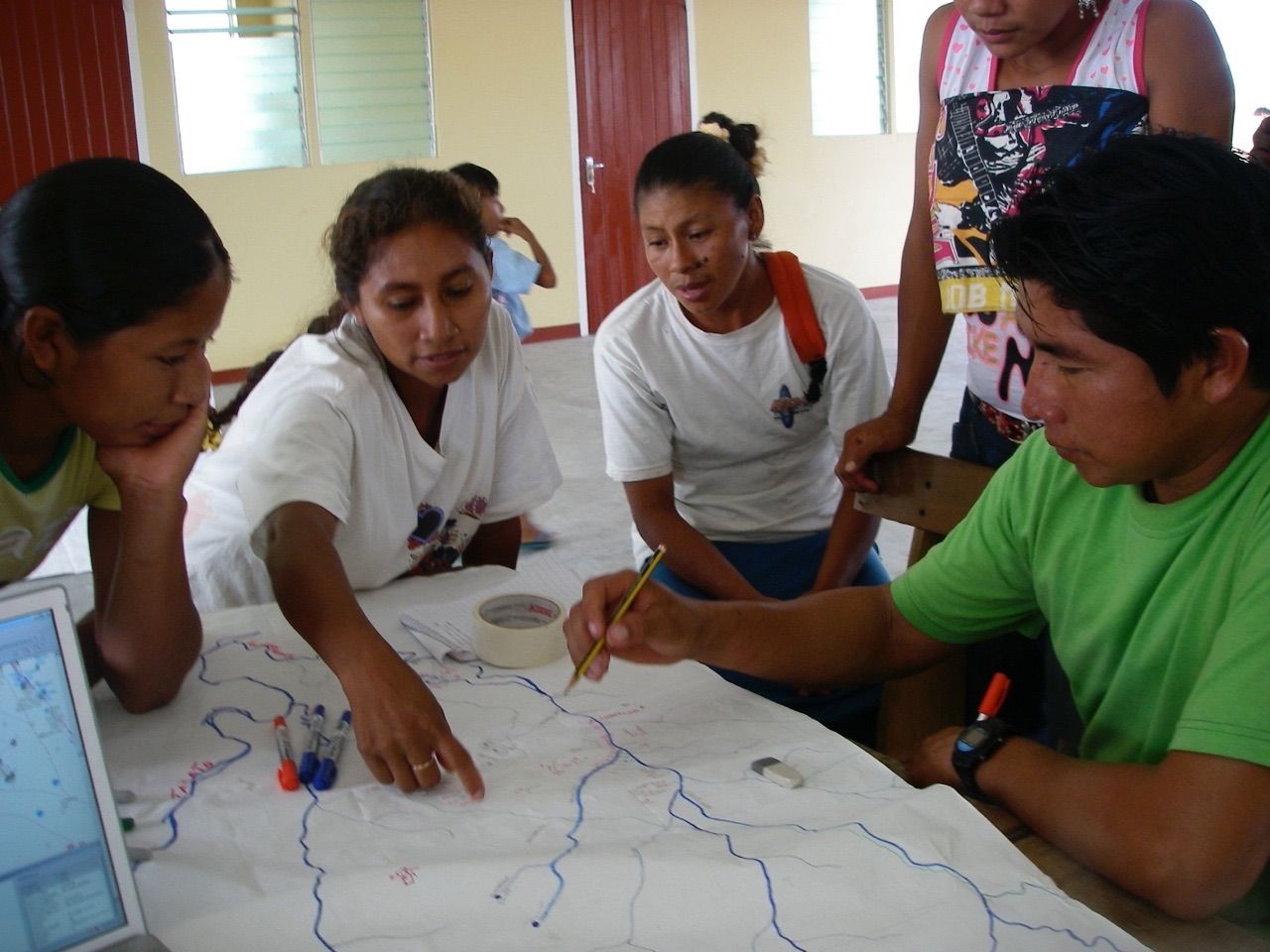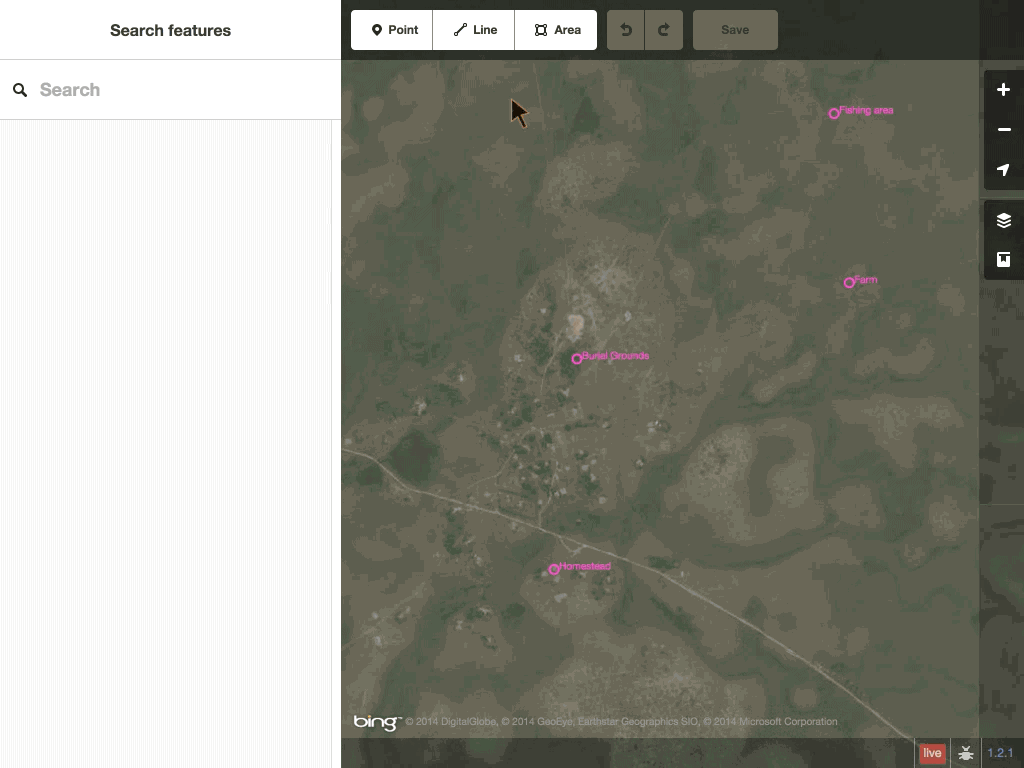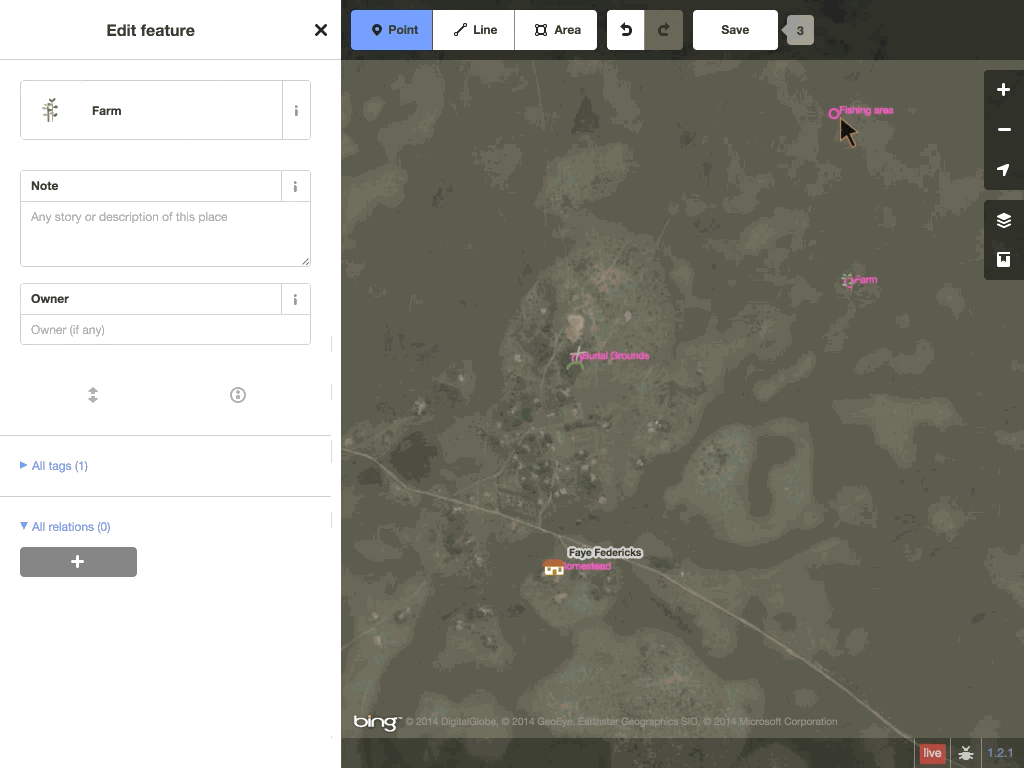author: Gregor MacLennan
date: 2015-08-04
slug:
title: Open Maps for Everyone
wordpress_id:
categories: – blog
image: https://images.digital-democracy.org/assets/achuar-map-excerpt-1600@2x.jpg
–
Today we’re super excited to be one of 22 amazing projects to win support from the Knight Prototype Fund. We will use the funds to prototype new ways for anybody to make a map of the world around them using simple, open source tools that work in low-tech and low-connectivity environments. Our project, OSM-Lite, will prototype ways to use existing OpenStreetMap tools for collaboration on maps that don’t belong in the OpenStreetMap global database because of privacy issues, or because the data does not belong in the OSM map.

Digital Democracy has been helping indigenous communities in the Amazon document and map the forests and rivers around them to help communicate to the rest of the world why this land is theirs and what is at risk if oil, mining and timber companies continue destroying the forest and contaminating the rivers. The process of creating a map together, owned by and including all members of the community, involves drawing sketch maps together, georeferencing key locations with a GPS, comparing hand-drawn maps with remote-sensing data, and digitizing the resulting information to create a geographically accurate map.
Our goal is that the community owns and participates in all stages of the mapping process, but the tools for that final stage — digitizing and georeferencing information — need significant training and technical skills, and don’t work well in a collaborative environment. This is where OpenStreetMap tools come in: OSM is a community-driven map of the world which emphasises local knowledge and low-tech tools. The tools for creating and editing places in OSM make it easy for anybody to participate, and allow for thousands of contributors around the world to collaborate.
Here’s a sneak peek at how OpenStreetMap tools can be customized for simple community mapping:


OSM-Lite will prototype a light-weight mapping stack for anybody who wants to collaborate with others to create maps with OpenStreetMap tools without immediately putting that data into the OpenStreetMap global database. The reasons for this might include:
- Internet connectivity where the mapping is being done is too unreliable to work directly with the OSM API, and a team needs to work together to rapidly map an area before verifying and submitting data to OSM, such as a disaster response situation.
- Mapping data includes private or sensitive data, such as information about spiritual and sacred sites, which indigenous communities may not want to put into the public domain, but want to map and document internally and be in control of how that information is shared.
- Some data does not belong in OpenStreetMap, such as the location of an oil spill, but they make sense for a specific mapping project.
Several organizations are already looking at OpenStreetMap as infrastructure, installing a custom version of the OpenStreetMap server stack, such as Development Seed’s open roads project in the Philippines or Moabi’s maps of natural resource issues in DRC. But the barrier for anyone to do this is still high. Our goal is to build off these efforts and make it simple for anybody to get up and running with their own “custom OpenStreetMap” for their particular mapping goals. Our focus is “small data” — local teams, networks of villages, local NGOs, who need to quickly put stuff on a map and work together.
If you want to join our team and help us build this, we’re hiring.